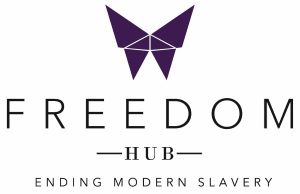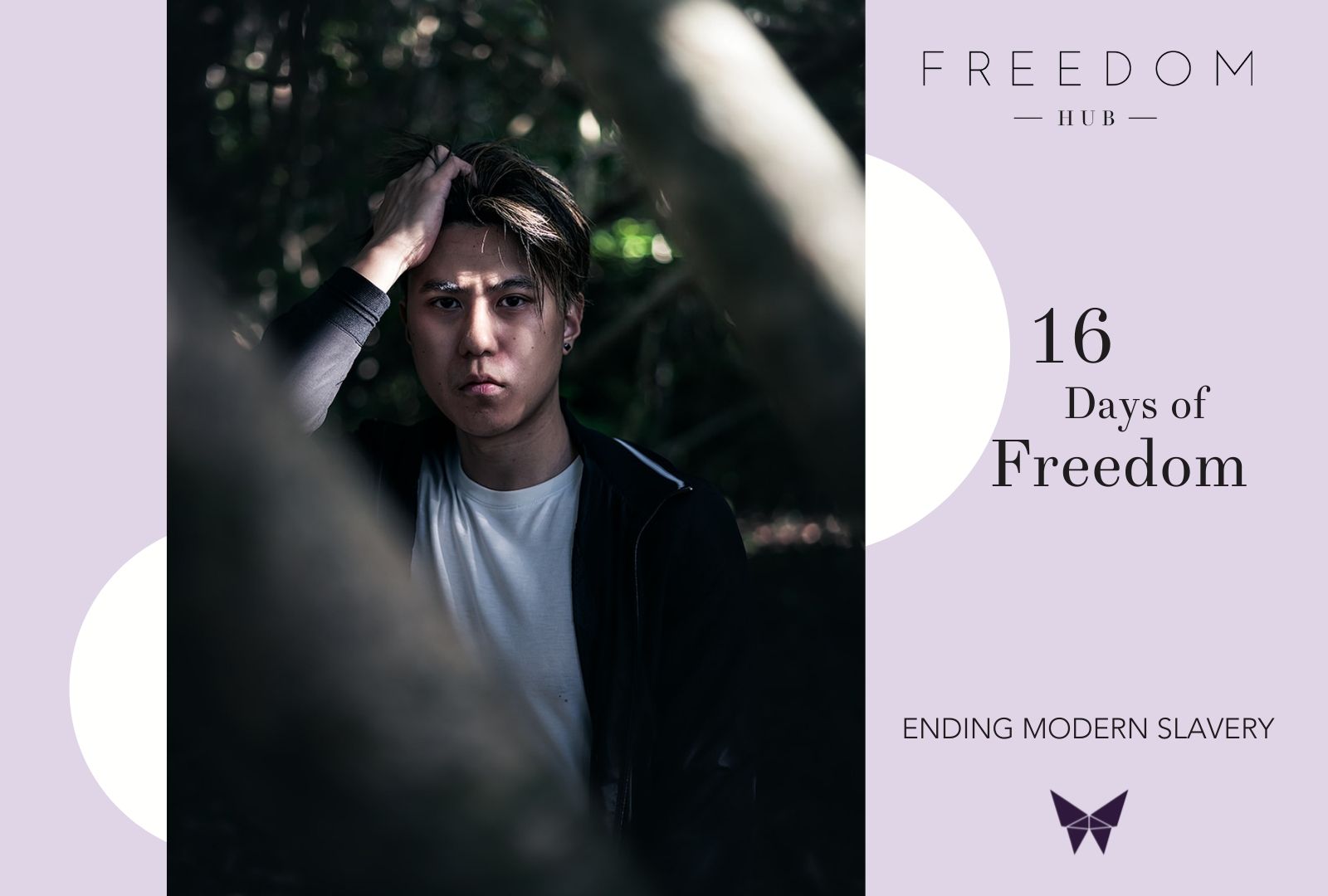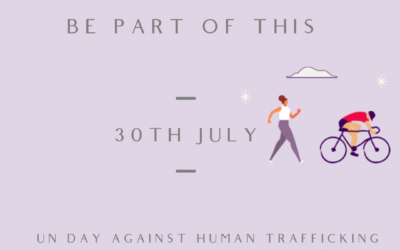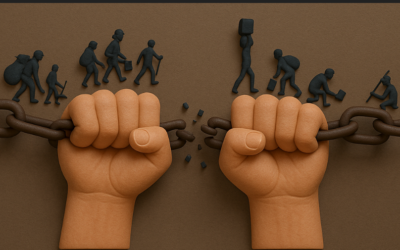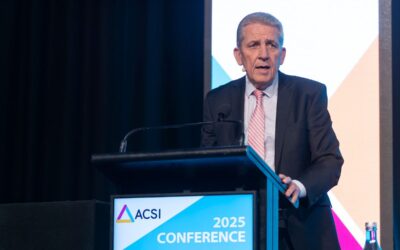This blog is an introduction to modern slavery, which will set us up for the next 13 days of a deep dive into it. Because 16 days of freedom is about us looking at the issue of violence against women, through the lens of modern slavery.
When was the last time you were able to act through your own free will? The last time you made a decision for yourself? When was the last time you felt in control of your own life?
Most of us are lucky enough to say we experience these freedoms every minute of every day. For others, exploitation and control are an everyday aspects of their lives.
What is modern slavery?
Modern slavery can be defined as the severe exploitation of other people for personal or commercial gain. Victims can be subject to forced labour, human trafficking, forced marriages, and more – all of which are clear and cruel violations of basic human rights.
Right here in Australia, the most recent report from the Global Slavery Index in 2018 revealed there to be 15,000 enslaved people. This number does not include the cases made during the COVID-19 pandemic. This was a time that saw domestic violence, abuse, and exploitation increase within some homes.
As expected, the inhumanity of modern slavery is illegal – at least in most countries. But in Australia, although slavery was officially abolished in 1833, an overcasting shadow still lingers.
As a response to the increasing recent reports of modern slavery, the Australian government established the Modern Slavery Act in 2018. This act requires large corporations and supply chains to report the risks of modern slavery in their operations, as well as outline their accomodating actions to address those risks.
While this is a responsible step toward progress and accountability, modern slavery continues to persist. Flourishing beyond just corporation supply chains, this is a problem that we as a community need to take action against.
So, what’s next?
Education is key. We must first understand modern slavery and its workings before taking action toward genuine change.
To better understand modern slavery, we should acknowledge that individuals and communities are often made vulnerable to modern enslavement by three main factors:
- Gender-based violence
- Poverty
- Racial inequality and discrimination
Keep reading on reading! In our next three articles, will go beyond an introduction. We will discuss these factors more diligently, expanding on the public attitudes, political actions, and community resolutions of each.
By diving into the background of modern slavery, to determine what ultimately causes it, and which individuals are most at risk, we will be able to better aid victims and survivors of enslavement and exploitation. We will be able to help them reach their full potential and their deserved freedoms.
And this – this mission toward a better life for all – is exactly what The Freedom Hub stands for.
Written by: Charlene Moraleda
Pic by:@christianwinklercreative
Want to Make a Difference NOW?
High Teas for Humanity – Celebrate freedom on Human Rights Day (10th December) by coming to our High Tea or you could run your own high tea and fundraise for victims of violence in slavery in our Survivor School.
End of Year Giving – purchase from our shop and know that 100% of the profits from your purchase supports victims of violence in slavery in our survivor school.
Join our Community
Help raise awareness and join a local volunteer team, contact us here.
Or if you would like to get our monthly update, opt-in here.
If you would like to support a survivor, donate here. (tax-deductible)
